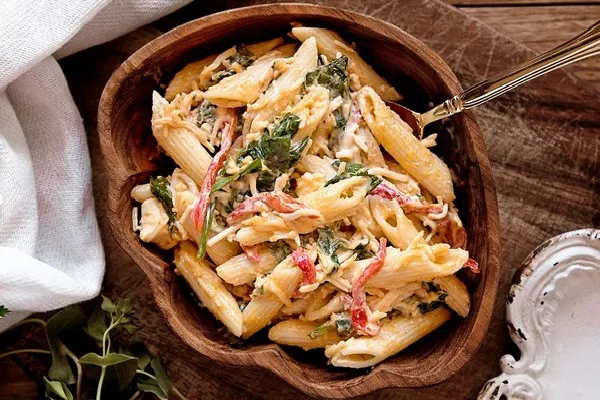Recovery plays a vital role in maximizing the benefits of your workout routine. While proper rest and sleep are essential, nutrition also plays a key role in replenishing your body’s energy stores and facilitating muscle repair. Post-workout nutrition is a crucial component of your fitness journey. In this article, we explore the best foods to eat to aid in recovery and enhance your overall fitness progress.
-
Protein-Packed Foods
Protein is the cornerstone of post-workout nutrition as it aids in muscle repair and growth. Including protein-rich foods in your post-workout meal or snack is vital. Opt for lean sources of protein, such as grilled chicken, turkey, fish, tofu, beans, lentils, or Greek yogurt. These foods provide essential amino acids, which are the building blocks of muscle tissue. Aim for approximately 20-30 grams of protein in your post-workout meal to support optimal recovery.
-
Nutrient-Dense Carbohydrates
Carbohydrates are your body’s primary source of fuel, and consuming them after a workout helps replenish glycogen stores, which become depleted during exercise. Choose nutrient-dense carbohydrates such as whole grains, sweet potatoes, quinoa, brown rice, fruits, and vegetables. These foods provide a steady release of energy, along with essential vitamins, minerals, and fiber, to support recovery and overall well-being.
-
Healthy Fats
While it’s important to prioritize protein and carbohydrates, incorporating healthy fats into your post-workout meal can be beneficial. Healthy fats aid in nutrient absorption, reduce inflammation, and provide sustained energy. Include foods such as avocados, nuts, seeds, and olive oil in moderation. These sources of healthy fats contribute to a well-balanced post-workout meal.
-
Antioxidant-Rich Foods
Intense exercise generates free radicals, which can cause oxidative stress and inflammation in the body. Including antioxidant-rich foods in your post-workout nutrition plan can help combat this oxidative stress and promote recovery. Berries, dark leafy greens, citrus fruits, bell peppers, and nuts are excellent sources of antioxidants. These foods provide vitamins, minerals, and phytochemicals that support the body’s natural healing processes.
-
Hydration and Electrolytes
Proper hydration is essential for optimal recovery. During exercise, you lose fluids and electrolytes through sweat. Replenishing these fluids and electrolytes post-workout is crucial. Alongside your post-workout meal, drink plenty of water or consider hydrating beverages that contain electrolytes. Coconut water, sports drinks, or homemade electrolyte-rich drinks can aid in rehydration and electrolyte balance.
-
Timing and Portion Control
Timing your post-workout meal is important to maximize recovery benefits. Aim to consume your meal or snack within 30-60 minutes after your workout when your body is primed to absorb nutrients efficiently. However, don’t stress if you can’t eat immediately; the body can still benefit from a post-workout meal consumed within a few hours.
Additionally, be mindful of portion control. While it’s essential to refuel, consuming excessive calories can hinder your fitness goals. Focus on quality and nutrient density rather than overeating. Listen to your body’s hunger and fullness cues to ensure you are nourishing yourself adequately without going overboard.
-
Personalization and Dietary Considerations
It’s important to remember that individual nutritional needs may vary based on factors such as body composition, exercise intensity, and personal goals. Consulting with a registered dietitian or nutritionist can help personalize your post-workout nutrition plan to meet your specific needs.
Furthermore, individuals with specific dietary considerations, such as vegetarians or vegans, may need to pay extra attention to ensure they’re meeting their protein needs through plant-based sources. Exploring options like tempeh, lentils, quinoa, and plant-based protein powders can help vegans and vegetarians meet their post-workout protein requirements effectively.
Conclusion
Post-workout nutrition plays a vital role in optimizing recovery and maximizing the benefits of your exercise routine. Consuming a well-balanced meal or snack that includes protein, carbohydrates, healthy fats, antioxidants, and adequate hydration can aid in muscle repair, glycogen replenishment, and overall recovery. Tailoring your post-workout nutrition to your individual needs and dietary considerations will help you achieve your fitness goals and enhance your overall well-being. Remember, a holistic approach that combines exercise, rest, and proper nutrition is key to reaching your fitness potential.
Recommended reading:


